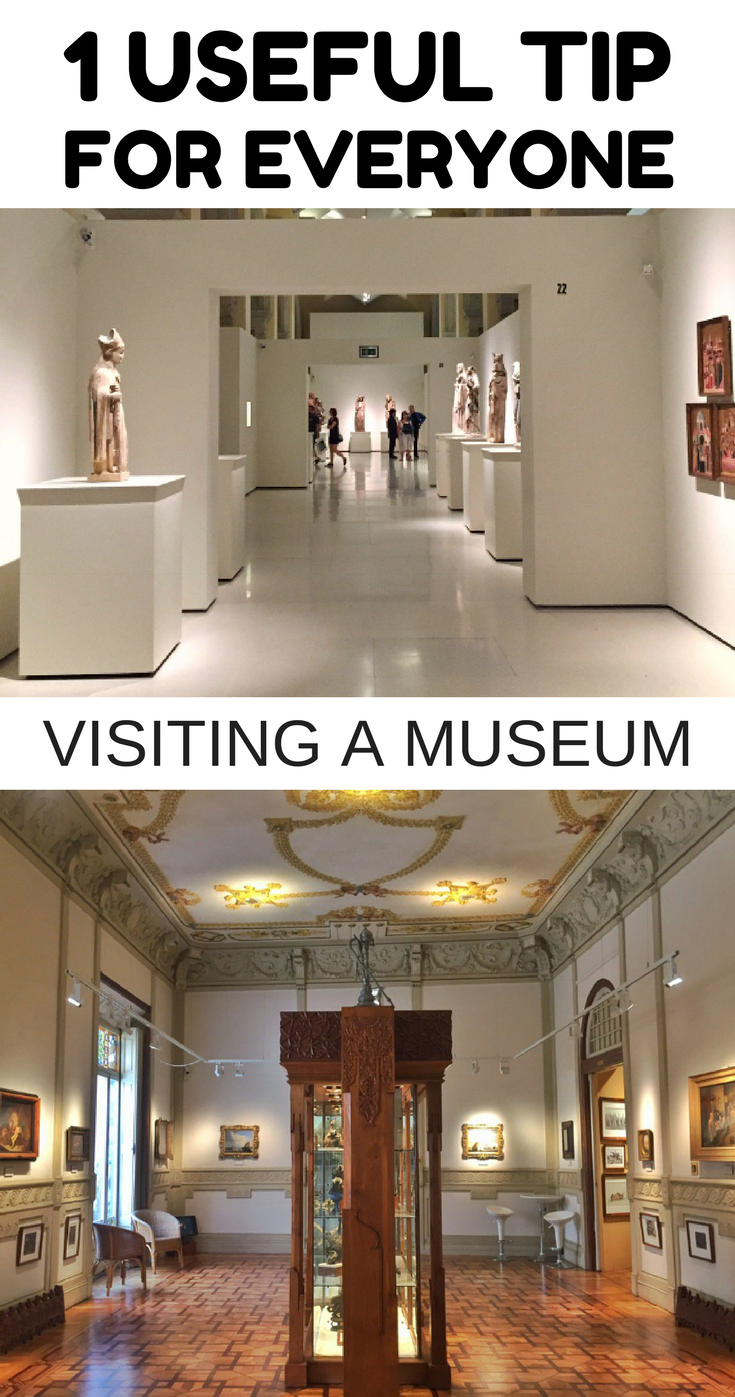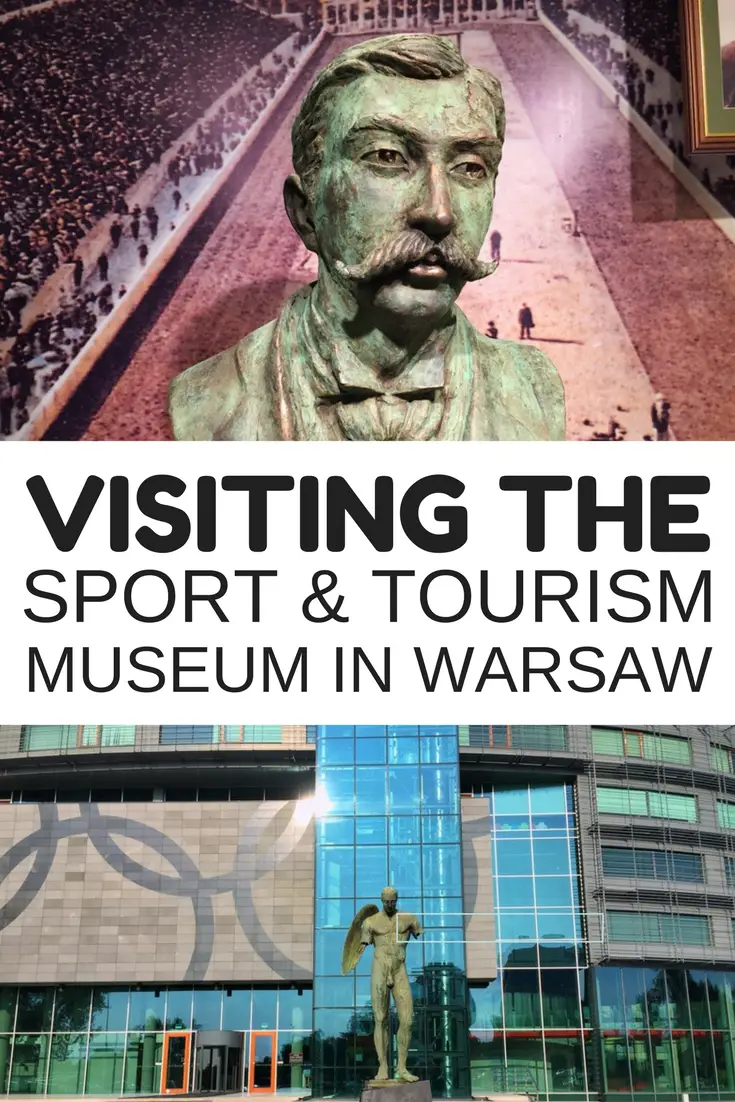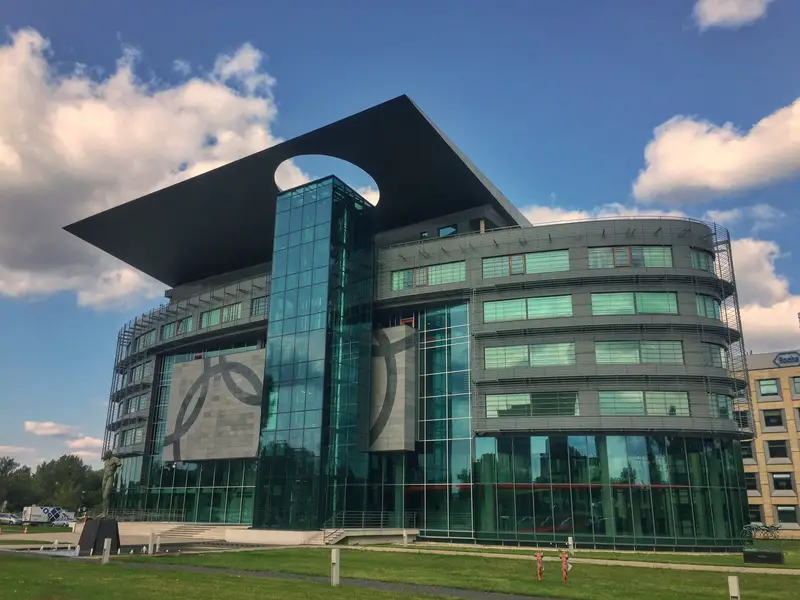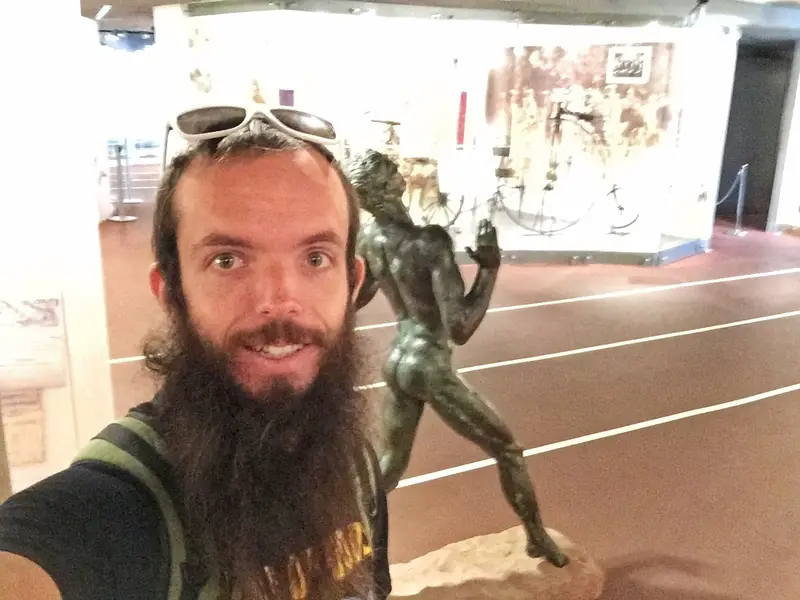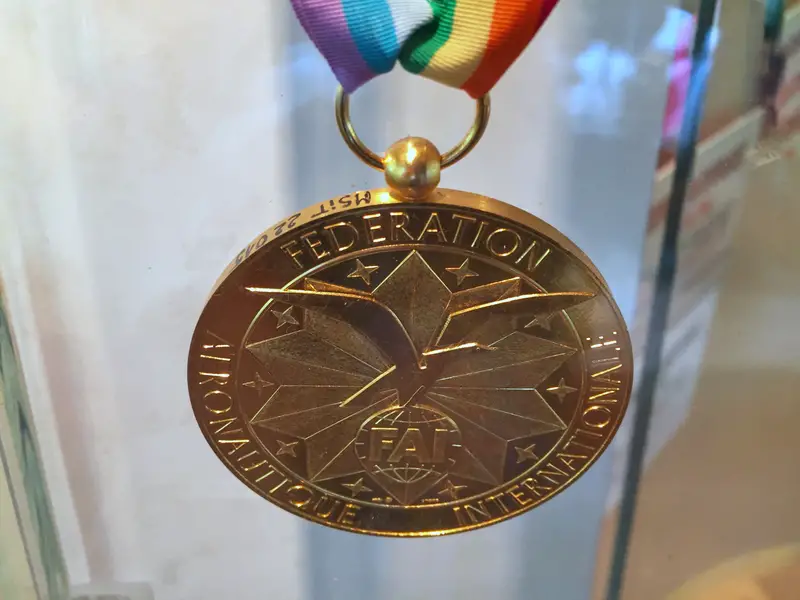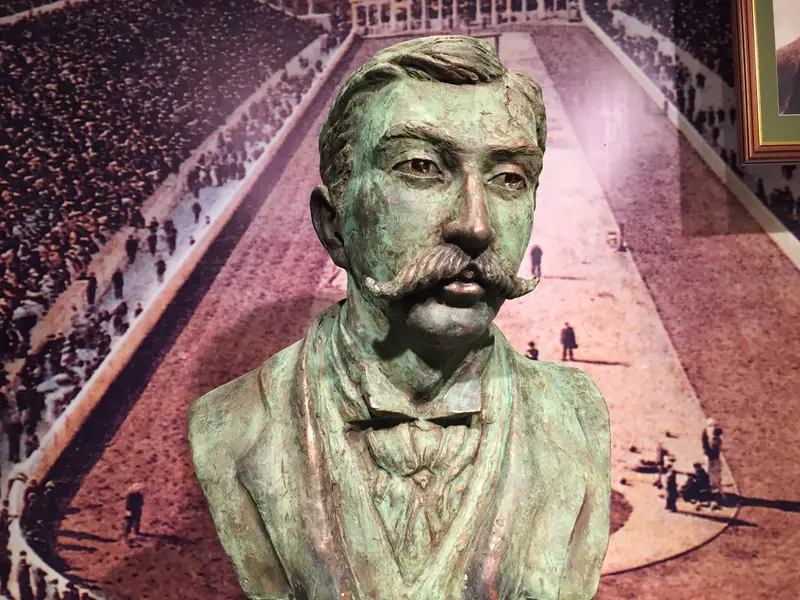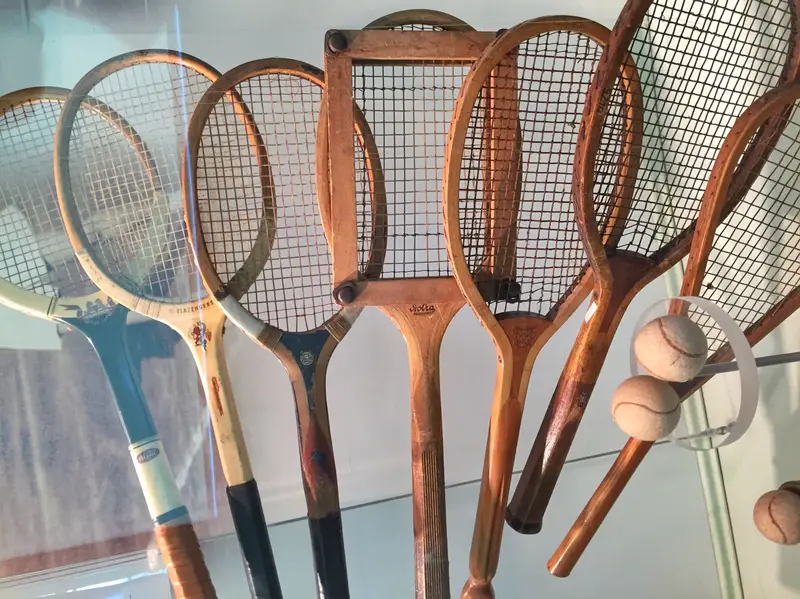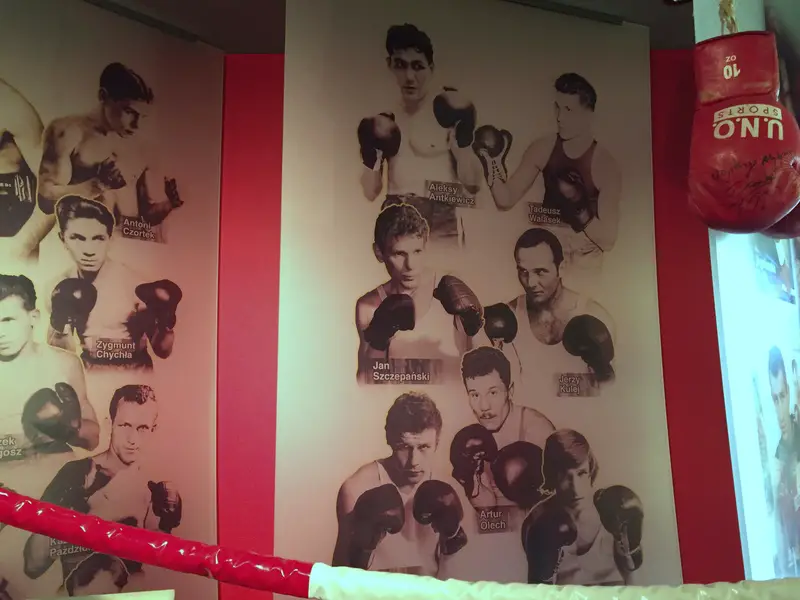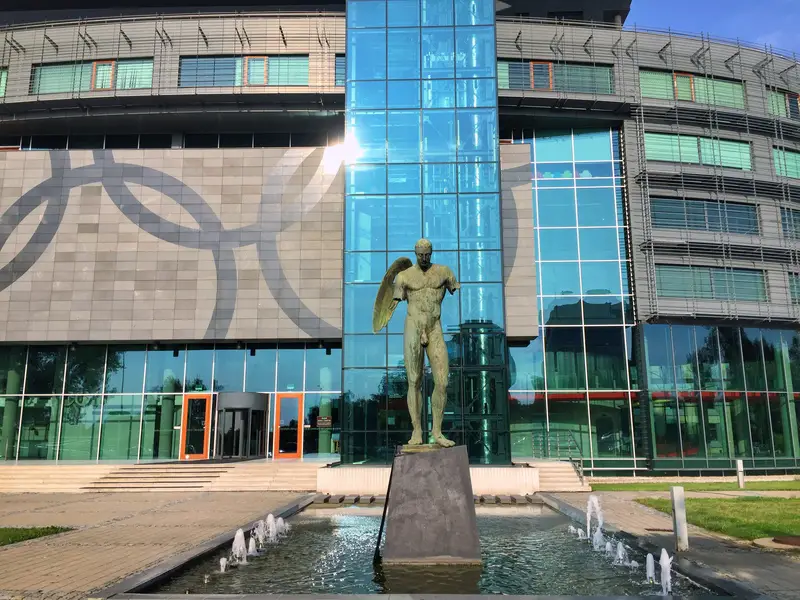Are you amazed at the amount of information and artifacts in some museums?
I could have spent hours in Warsaw’s Museum of Sport & Tourism, I was enjoying myself.
But the amount of stuff is overwhelming. So overwhelming I left after 45 minutes. And was all the better for it.
When you finish reading this post, you’ll feel okay about leaving museums partway through. As a result, you’re free to go do other activities without feeling guilty.
The museum is about the history of Polish sport and the Olympic movement with a brilliant audio tour helping you navigate thousands of meticulously displayed artifacts.
So why did I leave after 45 minutes?
Because I want a vegan burrito.
The benefits of me staying any longer would be minimal.
I can’t recall where I first heard about limiting your time in museums, but the rule is:
spend no more than 45 (60 max) minutes on any museum visit.
After 45 minutes, head to the exit. Fuck the FOMO.
Research (so much conflicting research) shows our ability to learn new information has diminished after 45 minutes.
Forget the research, can you honestly concentrate for more than 45 minutes without hating life?
With my time limit set, I made a conscious effort to takes notes, trying to absorb all the information.
Here are five things I learned in those 45 minutes.
- Pierre De Coubertin is the founder of the Internation Olympic Committee
- The first Th first modern Olympics was going to be in Paris
- The French invented Tennis in 13th century
- Ballooning was the first form of aviation
- Poland was busy sports wise between World War 1 & 2*
Do you go to a museum, learn something interesting and want to know more?
*puts hand up*
I bet you rarely follow up on that ‘something interesting’.
*guilty*
I broke the pattern this time and dug deeper, learning more about the facts above.
Here’s what I learnt.
RELATED POST: 300+ SPORTS MUSEUMS & HALLS OF FAME
Pierre De Coubertin Is The Founder Of The International Olympic Committee
I can’t believe I’d never heard of Frenchman Pierre De Coubertin.
He was passionate about the role sport could play in schools and worldwide issues. He unsuccessfully campaigned for France to adopt Physical Education into their curriculum.
But did get the Modern Day Olympic Games started! Coubertin was the founder of the International Olympic Committee. Interestingly, documents dispute the role he played in organising the early editions.
The Pierre De Coubertin medal is a higher ranking than the gold. The IOC presents the Pierre de Coubertin medal to athletes, former athletes, sports promoters, sporting officials and others who exemplify the spirit of sportsmanship in Olympic events or via exceptional service to the Olympic movement.
In 2017 Liechtensteiner Eduard von Falz-Fein became the 18th recipient for his “long service to the Olympic movement”.
The First Modern Olympics Was Going To Be In Paris
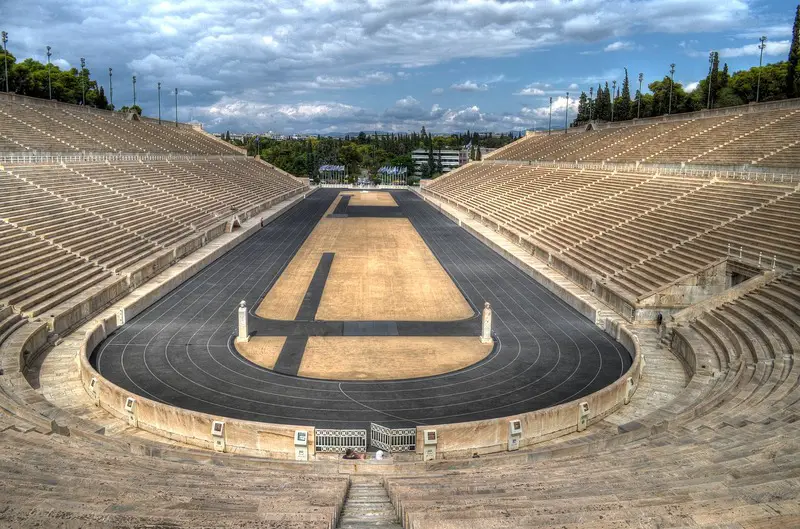
Instead, they were held in Athens (photo via PixaBay)
The last Ancient Olympic Game were in 934AD. Throughout the 1800’s numerous sporting events were named after the ancient Olympics. It wasn’t until 1894 the Modern Olympics began to take shape.
Pierre de Coubertin held a meeting on June 18th, 1894 with representatives from 11 nations presenting his idea for the Olympic Games.
He proposed Paris to host the first Olympic Summer Games, alongside the 1900 Universal Exposition in Paris.
Concerned with the six years before the game waning interest of viewers, 1896 was decided for the first games.
On June 23rd, Demetrius Vikelas proposed Athens (seems simple now) to host the games. The representatives unanimously agreed and Athens is now the home of the Modern Olympic Games.
Paris did host the 1900 Summer Olympics, the Games of the II Olympiad. They also hosted the 1924 Games and will host the 2024 edition.
The French Unvented Tennis In 13th century
Watching tennis, particularly the Grand Slams is something I should do more often. Turns out, tennis as we know it today was played by French Monks in the 13th century.
They played using their hands against monastery walls or over a rope on a courtyard.
Over time the equipment, rules, and courts changed. Tennis wasn’t a close resemblance to the sport we see today until the late 19th century when the English started playing on grass courts.
Ballooning Was The First Form Of Aviation
Random hot air balloons from a festival earlier this year
I always assumed it was something to do with the Wright Brothers.
1783 was the year all the research on balloons and various forms of aviation came together.
In June and August, two different parties launched unmanned balloons. In September the Montgolfier brothers sent Jean-François Pilâtre de Rozier, Jean-Baptiste Réveillon, and Giroud de Villette up into the air for the first manned (tethered) balloon flight.
A month later the first untethered man flight drifted 8km in a wood powered balloon.
Poland Was Mighty Busy Sports Wise Between World War 1 & 2
I don’t think you could blame Poland if they didn’t get a whole lot done after the events of the first World War. They didn’t fuck around though (FWIW I’m clueless about anything war related).
These are some of the events I noted down between 1919 and 1938.
- The Polish Olympic Committee was established in 1919 and were invited to the 1920 Antwerp Olympics. They didn’t go because of the war. So they attended both the Winter (7 athletes) and Summer (65 athletes) Olympic games in Paris, 1924. Poland took home two medals, a bronze, and a silver at the Winter Games.
- Volleyball came to Poland in 1919, and they played in the first World Doubles Championships in 1920 at the Germantown YMCA.
- The Polish Boxing Association was founded in 1923.
- Janusz Kusocinski won Poland’s Second Gold Medal at the 1932 Los Angeles Olympics. An injury forced him into a commentary role for Berlin 1936 and the war canceled the 1940 games. Janusz Kusocinski was executed in June 1940, 33 years young.
- The Polish Football Association was founded in 1919 and the first Polish Football League (Ekstraklasa) was created in 1927. 14 teams competed in the first year with Wisła Kraków the champions having played a heated final against the ethnic German team, 1. FC Kattowitz.
This is something I’ll adopt going forward. I’ve never been a big fan of museums, but feel like I need to stay as soon as I pay for something. For absolutely no rational reason at all.
Sure, I wanted to learn about the Polish golf history (seriously) and get the lowdown on the speedway after watching it in Poznan, but I would have half-heartedly listened and ultimately forgotten everything.
Do you get overwhelmed by the amount of information inside museums?
The quote from Robert Browning’s 19th-century poem The Faultless Painter, “Less is more.” works a treat.
TAKE ACTION: The next time you visit a museum, commit to leaving after 45-minutes. If your buddy wants to stay, go do flips and shit in the park.
If you really want to see the rest of the museum, go back in a couple hours or the following day when your mind has taken a break. You aren’t doing yourself any favours by continuing all day, just because.
Info For Visiting The Museum Of Sport & Tourism
Website: In English
How to get there? Take the metro from
Tickets: 12 zloty (audio tour in English included)
Opening hours? Tuesday to Sunday from 10 am – 5 pm
Where to stay? I’ve stayed at half a dozen different hostels in Warsaw on separate trips. I always use Booking.com (affilate link). Choose a place based on your overall plan and budget.
Other Sports Posts From Warsaw
*I realise this one isn’t exactly a fact, but it’s something that jumped out at me when dates in the 1920’s and 1930’s kept popping up.
IF YOU ENJOYED THE POST, WOULD LOVE IT IF YOU COULD SHARE THIS POST SOMEWHERE
